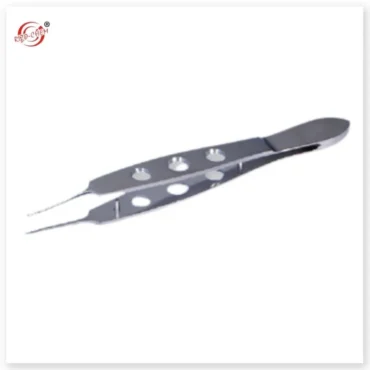- 1
- 2
For more Surgical products Click here
UROLOGY
Surgery & wound care
Orthopaedic Range
Miscellaneous Range
Infusion and Transfusion
Gastroenterology
Body Belt & Braces
Anaesthesia & Respiratory care
surgical products The medical specialty known as genitourinary surgery, or urology (from the Greek words oouron, “urine,” and -logia, “knowledge of”), focuses on illnesses of the urinary tract and reproductive organs. The kidneys, adrenal glands, ureters, urine bladder, urethra, and male reproductive systems are among the organs covered by the field of urology (testes, epididymis, vas deferens, seminal vesicles, prostate, and penis).
Problems with one of the urinary or reproductive tracts frequently affect the other because of their interdependence. As a result, genitourinary disorders encompass a broad spectrum of conditions that are managed in urology. Urology combines the treatment of surgical disorders including bladder or prostate cancer, kidney stones, congenital anomalies, traumatic injury, and stress incontinence with the treatment of medical (i.e., non-surgical) conditions such urinary tract infections and benign prostatic hyperplasia. [1]
surgical products Robotic and laparoscopic surgery, laser-assisted operations, and other scope-guided treatments are examples of minimally invasive urological therapies. In order to treat both benign and malignant problems, urologists are trained in both open and minimally invasive surgical procedures that make use of real-time ultrasound guidance, fiber-optic endoscopic equipment, and different lasers. [2][3] Oncology, nephrology, gynaecology, andrology, paediatric surgery, colorectal surgery, gastroenterology, and endocrinology are all fields that are closely related to urology, and urologists frequently work in conjunction with those doctors.
Less than 1.5% of American medical school graduates each year pursue urology, making it one of the most competitive and sought-after surgical specialities for doctors.
What will a urologist do?
surgical products A doctor who specialises in treating diseases of the urinary tract in men, women, and children is known as a urologist.These ailments range from being unable to father children to urinating too much or too little.
What are common urological problems?
Urinary tract contamination, kidney stones, issues with bladder control, and prostate issues are only a couple of instances of urologic problems or conditions. Some urologic conditions are transient, while others are persistent.
What is urology symptoms?
Checklist of Symptoms
urine with blood in it.
urinating causes discomfort..
alterations to urine patterns.
regular urge to urinate.
being unable to urinate.
urine stream that is hesitant or weak.
Incontinence (difficulty holding urine or leaking)
The lower abdomen hurts
Why should I see a urologist?
The best doctors to handle any disease affecting the male reproductive system and urinary tract are urologists. Your consideration might involve contribution from other clinical subject matter experts. For example, a urologist may collaborate with an oncologist to treat prostate cancer or with a gynaecologist to address pelvic pain in female patients.













